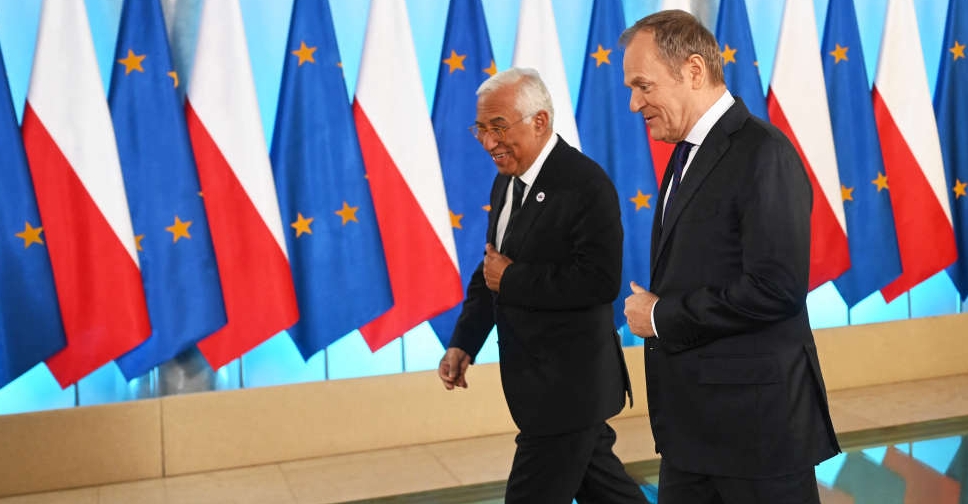
Poland launched its presidency of the Council of the European Union on Friday mired in a diplomatic row with Hungary that underscored a deepening sense of political disunity across Europe just as it confronts a raft of major global challenges.
Saddled with a sluggish economy, the EU is bracing for the return of Donald Trump to the White House this month on an "America First" platform and the possible imposition of US tariffs on European exports.
It also faces deteriorating trade relations with China and Russia's grinding war in Ukraine, all at a time when the EU's two leading powers, France and Germany, are distracted by domestic political upheaval.
Against this gloomy backdrop, Poland is seeking a leading role in shaping European policy, especially on security.
"If Europe is powerless, it will not survive... Let's do everything so that Europe and Poland do not have to pay the highest price for freedom, for strength, for sovereignty. Let's do everything to make Europe strong again," Polish Prime Minister Donald Tusk said during a gala in Warsaw.
He was joined by the president of the European Council, Antonio Costa who stressed the importance of continued support for Kyiv.
"This year we must continue to stand with Ukraine – as much as necessary, for as long as it takes, to win a comprehensive, just and lasting peace," Costa said.
"For that, we must continue to see defence as a strategic priority for the European Union."
Tusk hopes "to lead a realignment in the EU when it comes to building a coalition around support for Ukraine and meaningful peace that benefits Kyiv, not Moscow", said Edit Zgut-Przybylska, an assistant professor at the Institute of Philosophy and Sociology in the Polish Academy of Sciences.
Tusk, a former president of the European Council who previously also served as head of the centre-right European People's Party, is a well-connected figure on the EU stage.
But as European capitals face tough decisions on issues such as how to bolster and finance defence spending, analysts say Warsaw is unlikely to be able to lead on its own.
Piotr Buras, head of the European Council of Foreign Relations' Warsaw office, said the challenges facing the EU surpass the capacity and time horizon of any one six-month presidency.
"This is a key moment for Europe above all due to Trump’s arrival and the situation in Ukraine but also issues related to the broader economy, competitiveness and possibly the trade war with a simultaneous weakness of leadership and a transition moment within the EU itself," Buras said.
Regarding Europe's collective security and support for Kyiv, some analysts said Germany, Europe's biggest economy, could take on a bigger role after its Feb. 23 national election, which the conservatives are currently tipped to win.
"The only hope is that the new German leadership will decide to take a much more active and assertive stance," said Peter Bator, a former Slovak ambassador to NATO who is now chief analyst at the opposition Progressive Slovakia party.
The Polish government said Hungary's envoy was not welcome at the ceremony to mark Warsaw taking on the EU's rotating, six-month presidency, a very public snub that follows months of political barb trading between the two countries' leaders.
Hungary infuriated Poland last month by granting political asylum to a former Polish deputy justice minister who is under investigation at home for alleged misuse of public funds, which he denies. Warsaw called the move a "hostile act" contrary to EU principles and recalled its ambassador to Budapest.
Hungarian Foreign Minister Peter Szijjarto described Friday's snub as "childish", news website HVG.hu reported. The Polish move just added to multiplying signs of European disharmony.
Slovakia, which along with Hungary has sought to maintain some ties with Russia, threatened retaliation on Thursday against Ukraine after it halted the transit flows of Russian gas, while on Friday negotiations on forming a new government in Austria suffered a blow when a key party quit the talks.

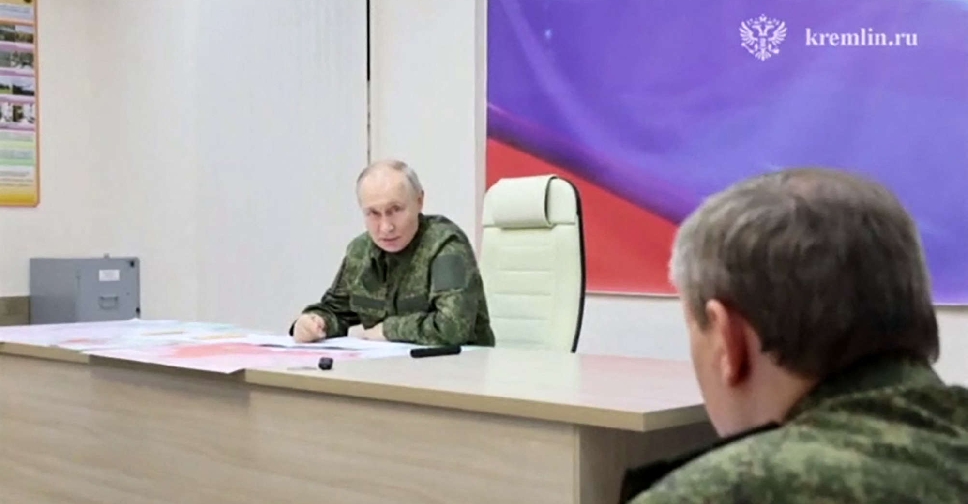 Putin backs US ceasefire idea for Ukraine but says there's lot to clarify
Putin backs US ceasefire idea for Ukraine but says there's lot to clarify
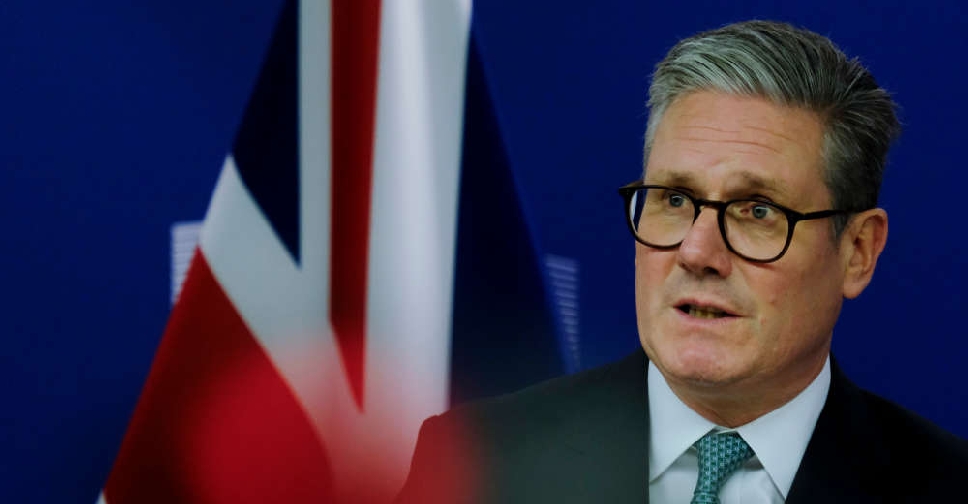 British PM Starmer scraps health body NHS in search of savings, better care
British PM Starmer scraps health body NHS in search of savings, better care
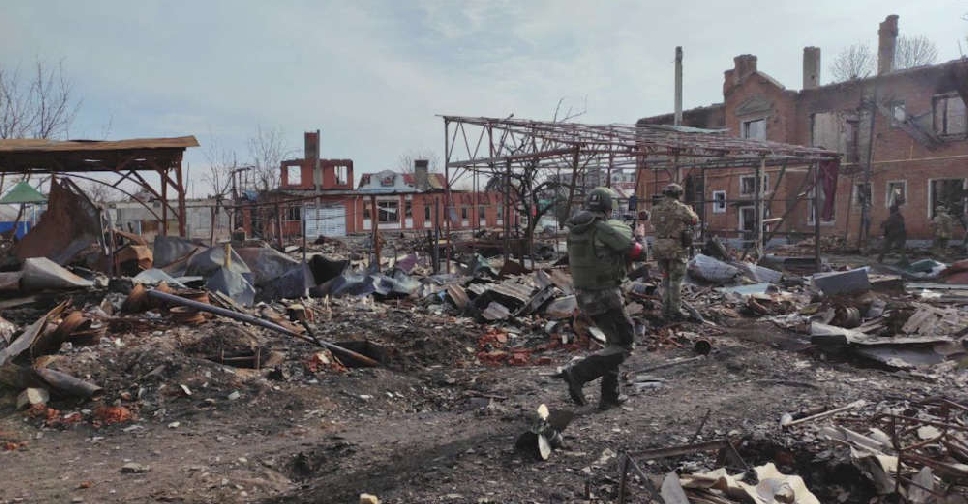 Russia says its forces will soon retake all of Kursk from Ukrainian troops
Russia says its forces will soon retake all of Kursk from Ukrainian troops
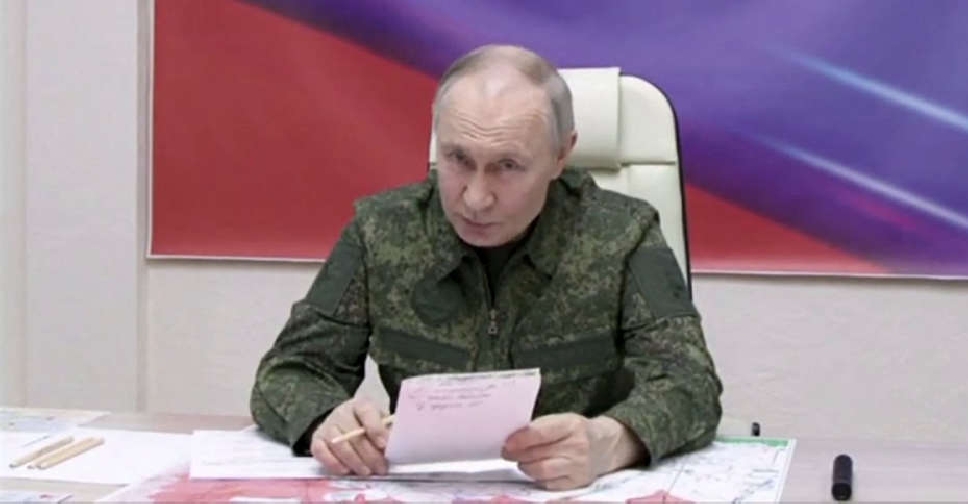 Russia ready to discuss peace initiative on Ukraine with US
Russia ready to discuss peace initiative on Ukraine with US



